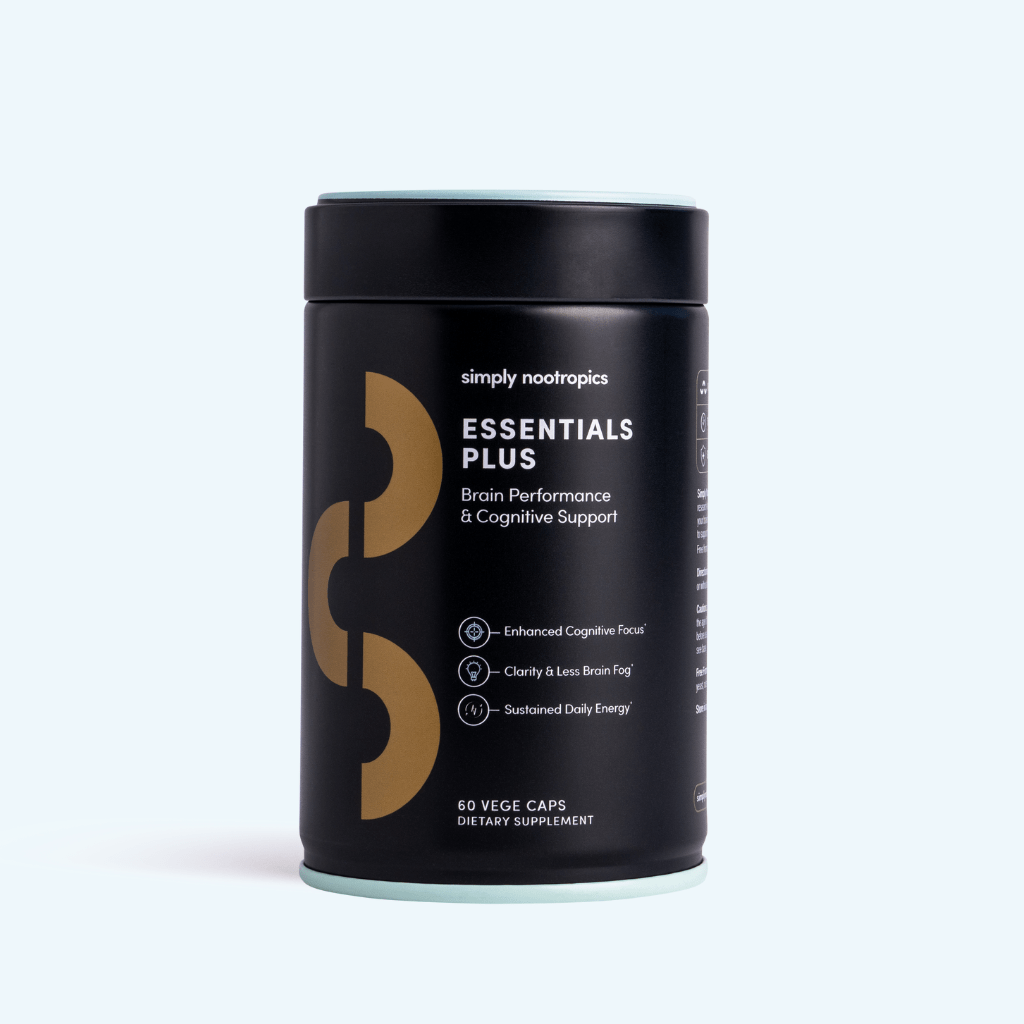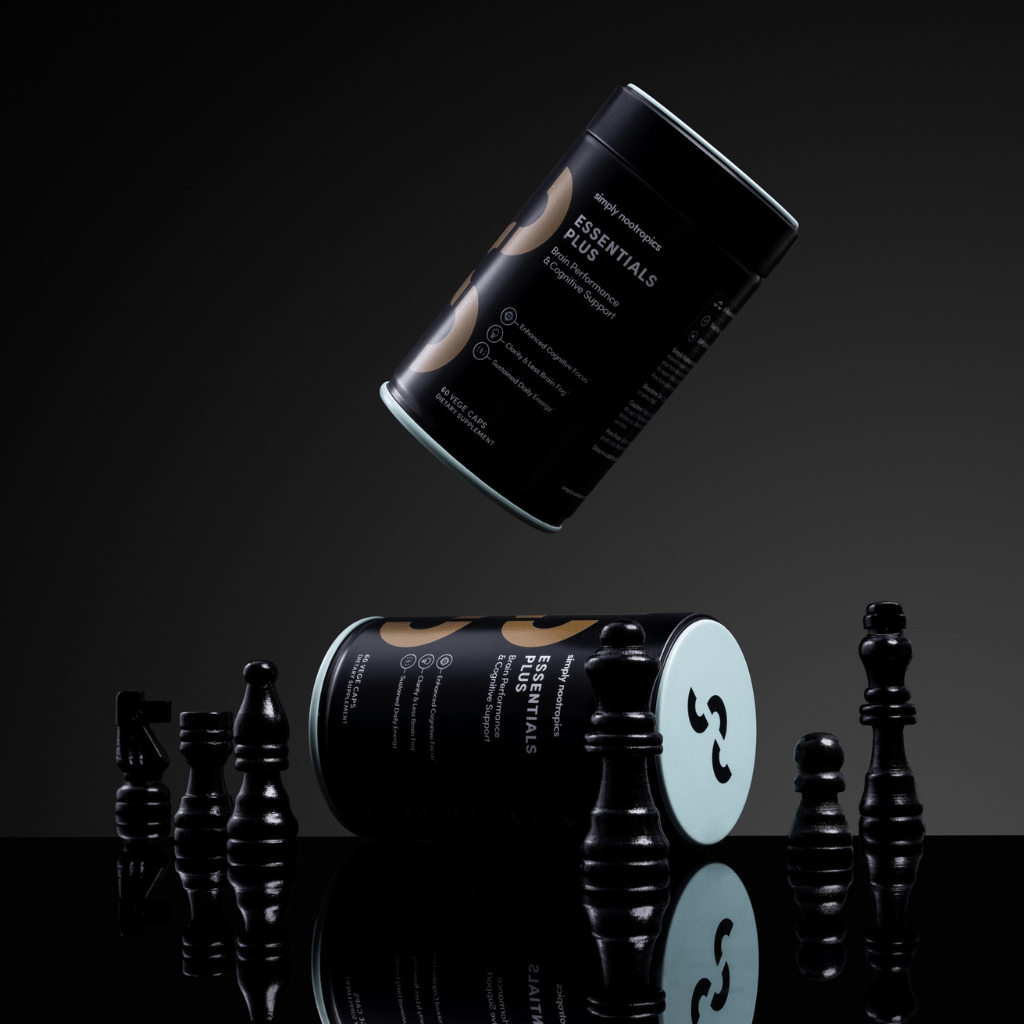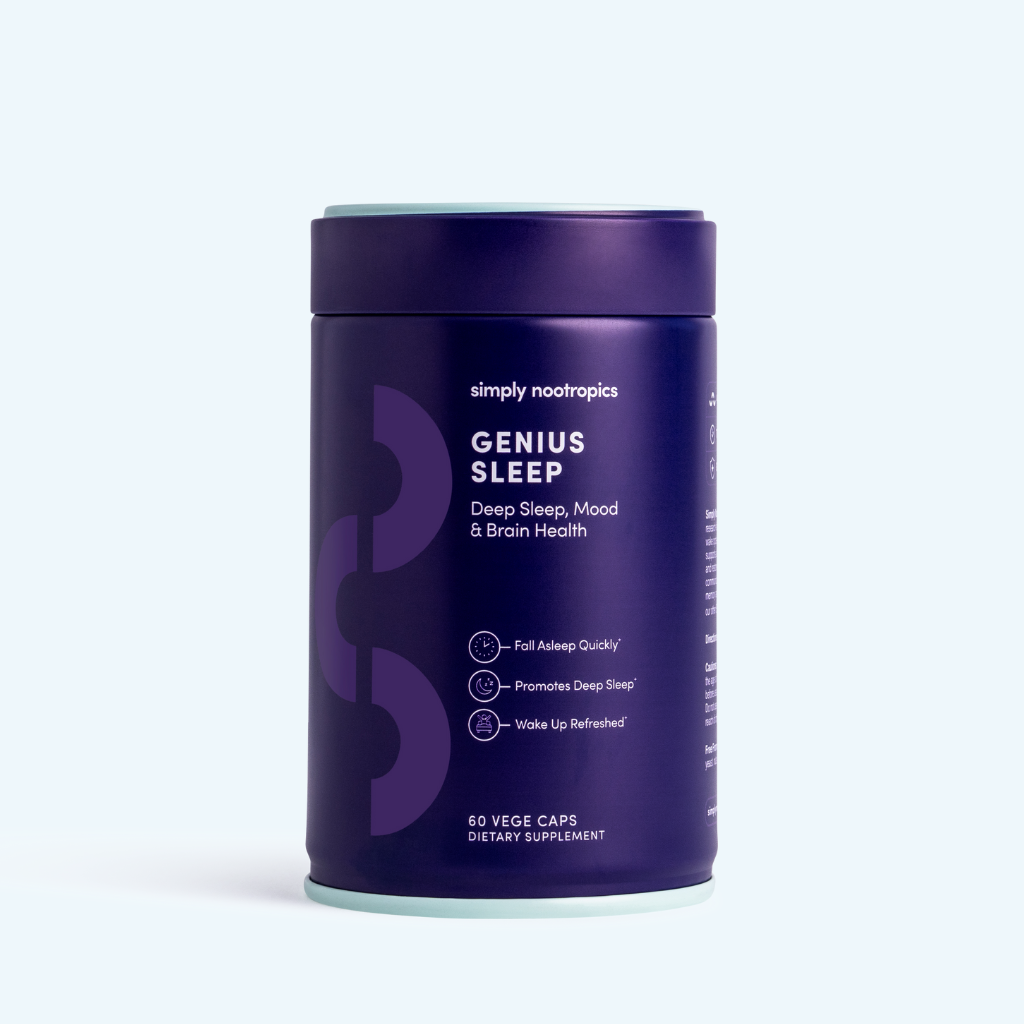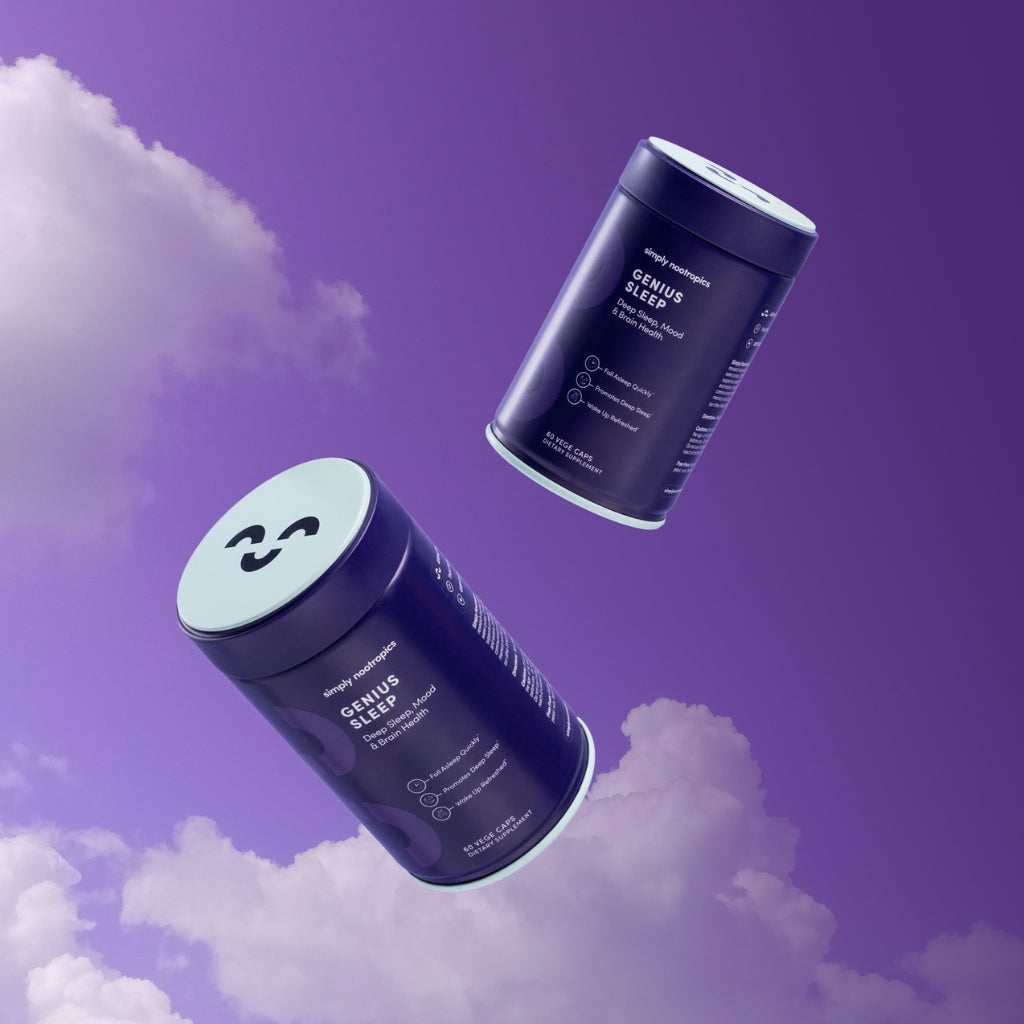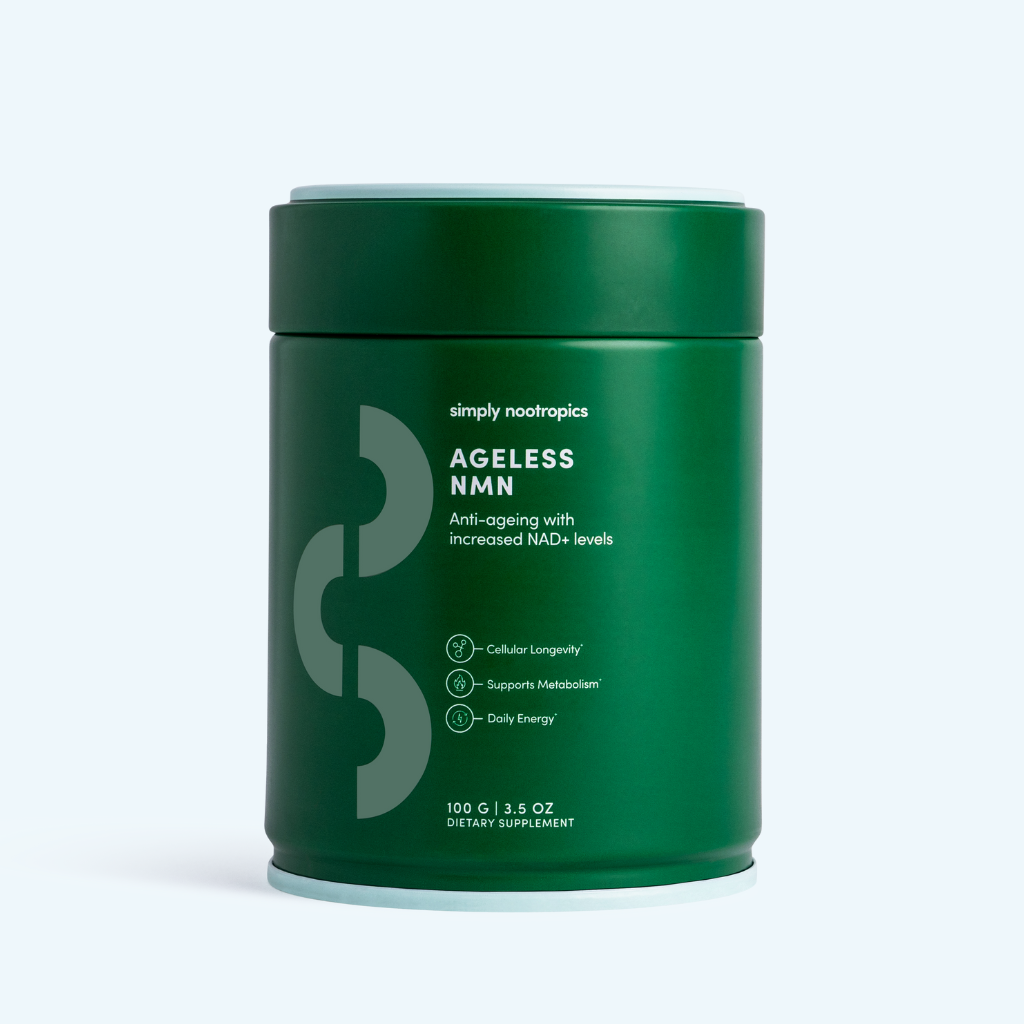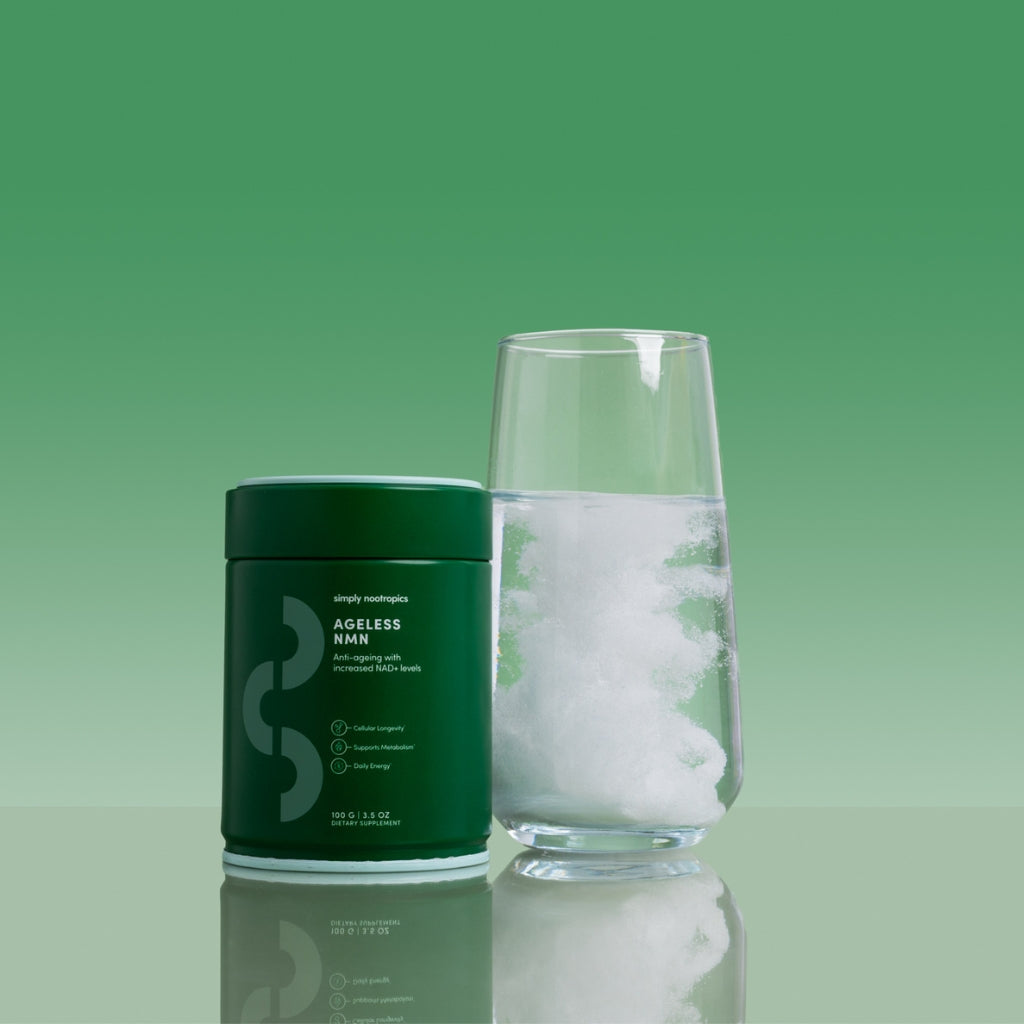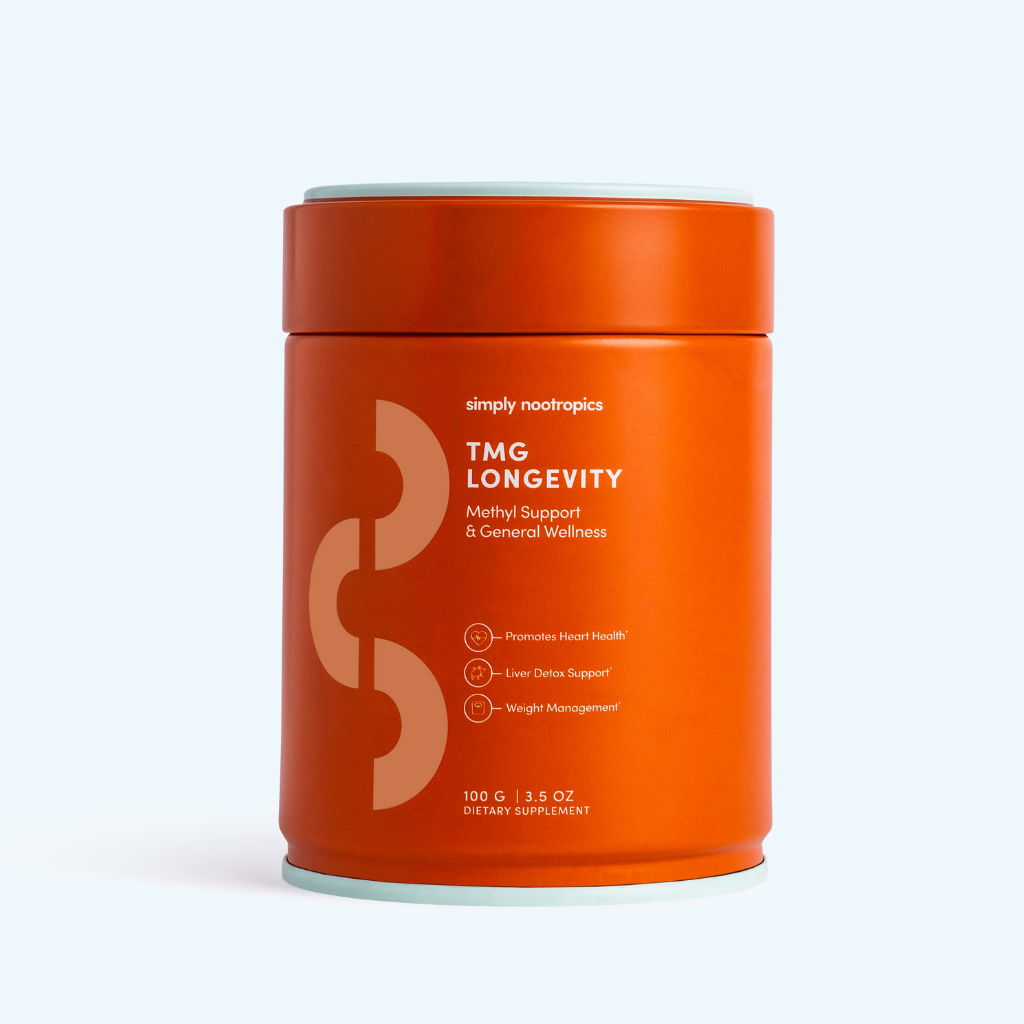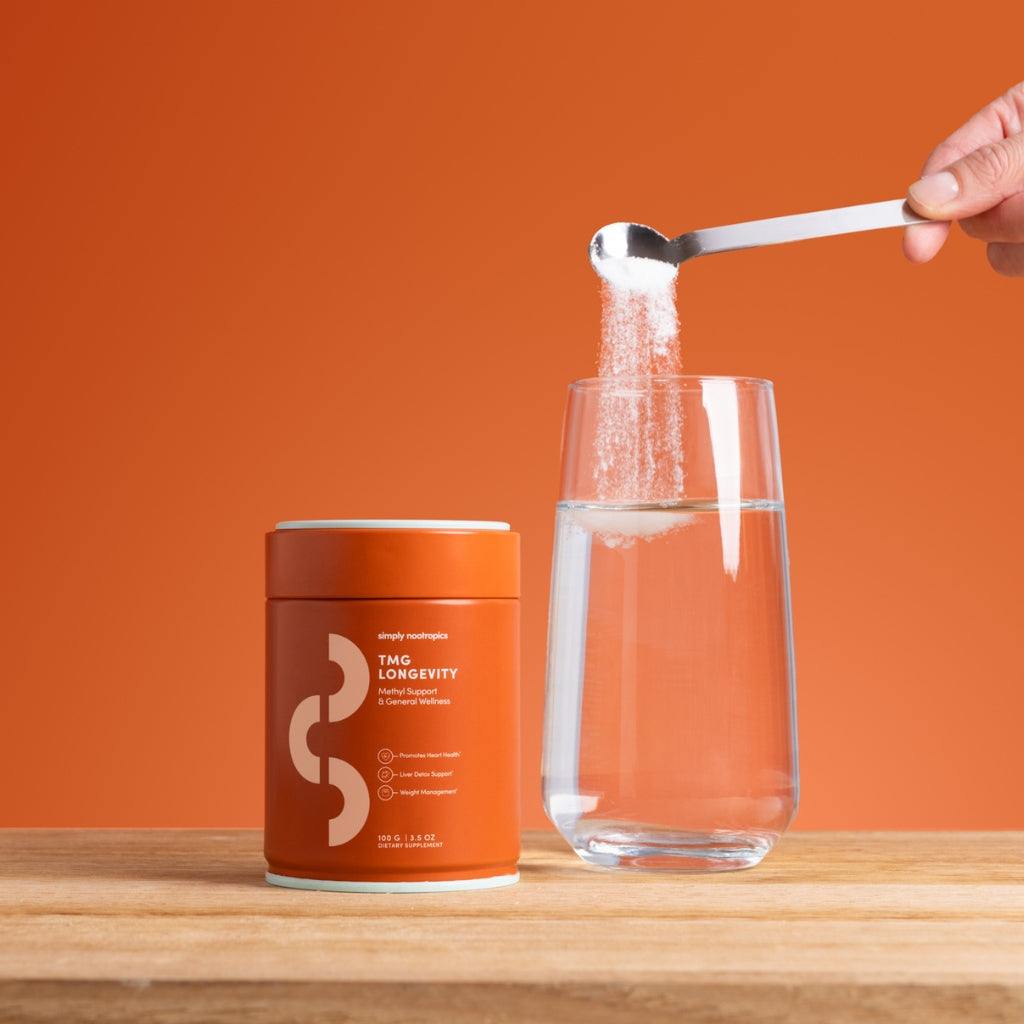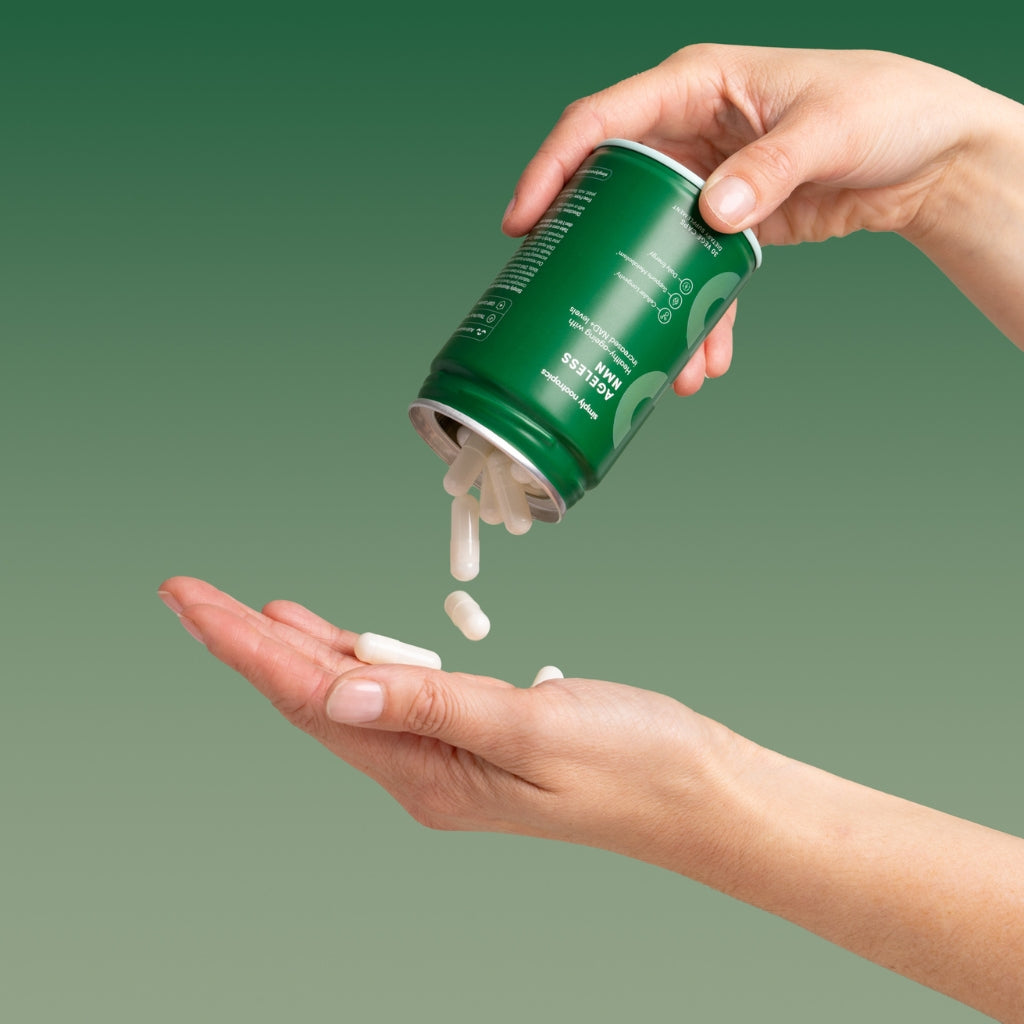Ever find yourself scrolling endlessly through social media, clicking from one video to another, and yet feeling more restless than satisfied? Modern life is engineered to keep our brains constantly stimulated, but the side effects of this overstimulation are becoming hard to ignore. From declining attention spans to an inability to enjoy simple pleasures, our dependency on quick dopamine hits is shaping our brains in ways we never intended.
At the core of this problem lies dopamine, a neurotransmitter often associated with pleasure, but more accurately described as the driver of motivation and reward. The concept of a dopamine detox has gained traction as a way to reset the brain, reduce overstimulation, and regain control over attention, motivation, and well-being. But does it actually work? And more importantly, is your brain truly addicted to stimulation?
What is Dopamine and How Does It Work?
Dopamine is often misunderstood as the “feel-good” chemical, but its primary role is to drive seeking behaviour: it compels us to chase after rewards. Whenever you experience something pleasurable, whether it’s eating a delicious meal, getting a “like” on social media, or winning a game, dopamine is released.
However, modern life has hijacked this system. The constant bombardment of social media notifications, ultra-processed foods, video games, and binge-worthy TV series artificially spike dopamine levels in ways our ancestors never experienced. As a result, our brains adapt, and over time, we need more intense stimulation just to feel the same level of satisfaction.
This is why many people today struggle with:
-
Shorter attention spans: Reading long books feels like a chore, and focusing on deep work becomes harder.
-
Diminished motivation: Why start a challenging task when quick dopamine rewards are always available?
-
Mood instability: The highs of dopamine hits are often followed by crashes, leading to restlessness, irritability, or even anxiety.
Dopamine Overload: Why It’s a Problem
Our ancestors had to work for their dopamine. Hunting for food, building shelter, and forming relationships took time and effort, meaning dopamine rewards were earned through meaningful actions. Today, technology delivers these rewards instantly.
Here’s how some of the biggest dopamine disruptors affect your brain:
1. Social Media & The Infinite Scroll
Platforms like Instagram, TikTok, and Twitter (X) are designed to provide instant gratification. Every swipe brings something new, unpredictable, and exciting, just like a slot machine. This constant novelty makes real-life interactions and slow, meaningful activities feel dull in comparison.
2. Ultra-Processed Foods & Sugar
Our brains evolved to crave calorie-dense foods because, in the past, food was scarce. Now, we have easy access to high-sugar, high-fat, processed foods that spike dopamine levels unnaturally. This overconsumption dulls our ability to enjoy healthier, natural foods.
3. Binge-Watching & Gaming
Streaming platforms encourage endless consumption by auto-playing the next episode. Similarly, video games are designed with reward cycles that keep you hooked, making it hard to stop. This artificial overstimulation can make everyday activities feel mundane.
4. Instant Gratification Economy
From one-click purchases to express delivery, modern life conditions us to expect immediate rewards. The problem? Delayed gratification is crucial for long-term success and happiness. When everything is instant, patience and persistence decline.
What is a Dopamine Detox?
A dopamine detox is a practice designed to reset your brain’s reward system by temporarily abstaining from high-stimulation activities. This doesn’t mean removing dopamine (which is impossible), it means reducing unnatural dopamine spikes and retraining your brain to enjoy simpler, more meaningful experiences.
The concept became popular thanks to Dr. Cameron Sepah, a psychiatrist and professor, who introduced dopamine fasting as a way to break cycles of compulsive behaviour. While some people take extreme approaches (such as doing absolutely nothing for a full day), a more balanced method can be just as effective.
How to Do a Dopamine Detox (Without Going to Extremes)
If the idea of sitting in a blank room doing nothing sounds miserable, don’t worry, a dopamine detox doesn’t have to be that extreme. Here’s a realistic approach to reset your dopamine levels without making life unbearable:
1. Identify Your Biggest Dopamine Triggers
Take a moment to assess which habits dominate your time. Ask yourself:
-
Do I check my phone first thing in the morning?
-
Do I spend hours on social media?
-
Am I constantly snacking on sugary or processed foods?
-
Do I binge-watch TV or play video games for long periods?
Awareness is the first step toward change.
2. Take a Short Break from Stimulants
Rather than quitting everything cold turkey, try a manageable detox by avoiding your biggest dopamine triggers for a set period. For example:
-
Phone detox: No social media or notifications for 12-24 hours.
-
Food detox: Cut out processed sugar for a day.
-
Entertainment detox: No TV, YouTube, or gaming for a weekend.
The goal is to experience life without constant artificial stimulation and observe how it affects your mood, focus, and energy levels.
3. Reintroduce Mindful Stimulation
Instead of quick dopamine hits, shift your focus to activities that provide deeper, long-term rewards:
-
Exercise: Physical movement naturally boosts dopamine in a healthier, more sustained way.
-
Reading & Learning: Books and deep learning challenge the brain and provide real satisfaction.
-
Creative Work: Writing, painting, playing music, activities that require focus and effort feel more rewarding over time.
-
Mindfulness & Meditation: Training your brain to find contentment in stillness can help recalibrate your dopamine system.
4. Optimise Brain Function with Supplements
While adjusting habits is key, nootropics can also support your cognitive health during a dopamine detox. Some effective supplements include:
-
L-theanine: Helps promote calm focus, especially when reducing overstimulation.
-
Rhodiola Rosea: A natural adaptogen that combats fatigue and supports mental clarity.
-
Lion’s Mane: Supports long-term brain health and neuroplasticity.
Supporting your brain during a dopamine detox can be easier with nootropics. Simply Nootropics Essentials Plus is designed to enhance cognitive performance without the dopamine rollercoaster, and it contains all the right ingredients to help your brain reset and function at its best. By combining L-theanine, Rhodiola Rosea, and Lion’s Mane, along with other brain-boosting compounds, Essentials Plus helps you break free from the cycle of distraction and regain natural motivation, and better mental energy.




